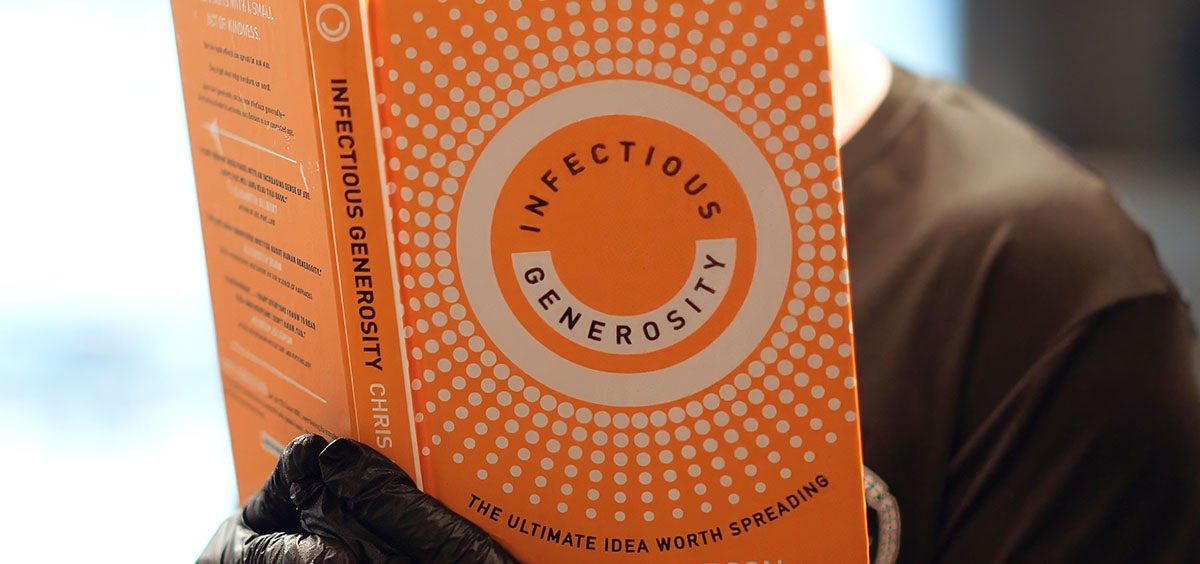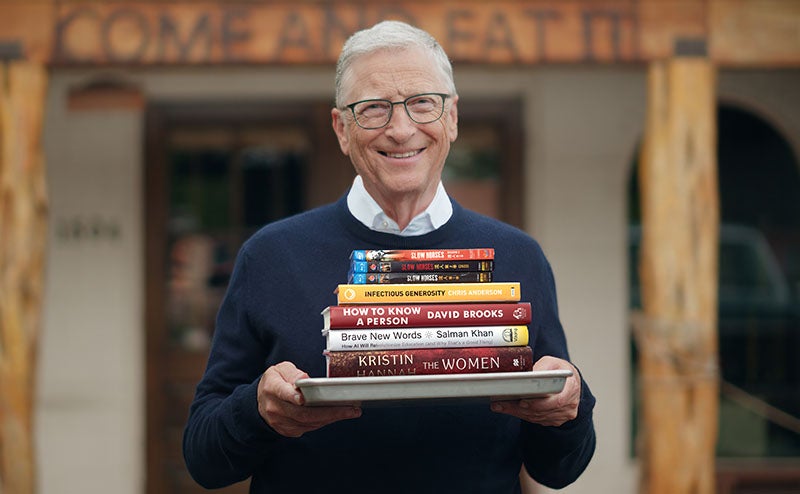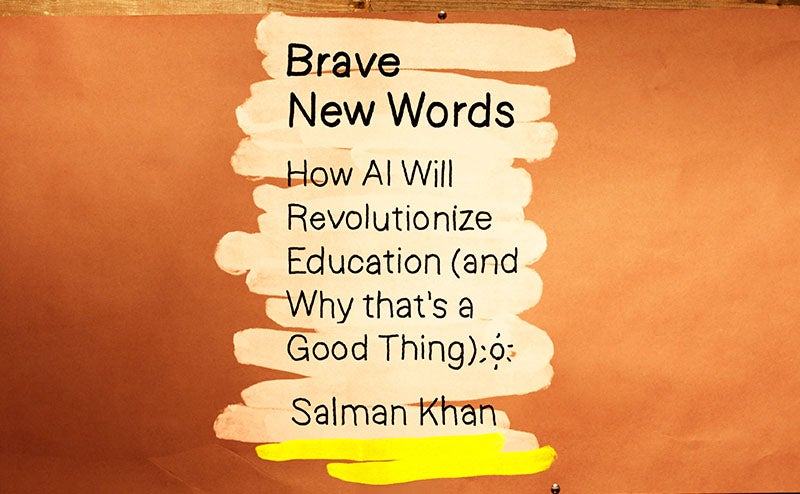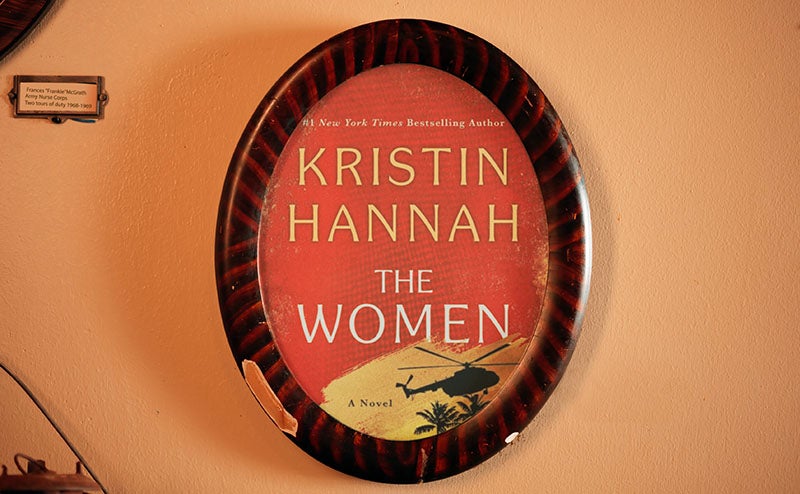Because we’re living longer, our focus is starting to shift toward well-being.
If you don’t know Chris Anderson’s name, you probably know his work. As the curator of TED for over two decades, Chris has transformed the once-exclusive conference into a global platform for ideas that “change everything”—making TED Talks a household name in the process. Chris and I share a deep interest in how innovation can help tackle major challenges and improve the world. We've collaborated several times, and he’s invited me to the TED stage periodically since 2009.
So when Chris told me about his new book, Infectious Generosity—which explores how the internet can amplify the impact of generosity—I was excited to dive in.
Chris’s central argument is that communications technology creates both an opportunity and a responsibility to give more. When we can witness the hardships of others firsthand, even from the other side of the planet, our instinct to help is activated. And the internet makes it easy to act on that instinct.
The book is filled with powerful examples of this dynamic in action, including viral fundraising campaigns like the ALS Ice Bucket Challenge, which raised over $200 million to fight the disease (and which I participated in), and online platforms like DonorsChoose, which allows anyone to support a classroom project with just a few clicks. Each story shows the power of people joining up to do extraordinary things.
But Chris doesn't gloss over the challenges of the digital age. Like other observers, he notes that social media platforms have turned the internet into an “outrage-generating machine” that drives us apart instead of bringing us together. As we saw with the spread of Covid-19 misinformation, online spaces can easily promote polarization and falsehoods instead of empathy and truth. What’s more—even as the ease of giving has increased, overall giving levels have not. In fact, a 2022 report from Giving USA found that individual giving as a percentage of disposable income has remained relatively flat over the past four decades.
People are more connected than ever—but that connection hasn’t always fostered the generosity we’d want and expect. That will only happen at scale, Chris argues, if individuals, nonprofits, businesses, and policymakers all make a concerted effort. Fortunately, the book offers a roadmap we can follow: Tell more uplifting stories of everyday generosity, redesign social media to promote prosocial behavior, and expand our definition of generosity itself—to include bridging divides, sharing knowledge, enabling connections, extending hospitality, and others.
I was especially intrigued by Chris's proposal of a “universal giving pledge,” where everyone commits to donating 10 percent of their income or 2.5 percent of their wealth annually. It’s similar to what many religions already encourage of their followers, if only by another name. And it’s reminiscent of the Giving Pledge, which Melinda, Warren Buffett, and I launched in 2010 to encourage billionaires to dedicate the majority of their wealth to philanthropy, either in their lifetime or wills. For me, that has meant working to save and improve lives through the Gates Foundation—which is the most meaningful work of my life.
Just as the Giving Pledge aims to make giving the norm among the wealthy, a universal pledge has the potential to inspire millions of people at all income levels to give more. If universally adopted, Chris calculates, such a pledge would generate over $10 trillion every year and unlock immense new resources to address health, poverty, education, and more.
Reading this book, I was reminded of my own mindset when I first thought about the digital revolution—about how it could bring the world closer together, make people feel less lonely, and help us tackle our biggest challenges. It’s great to see that someone still passionately believes in that promise and has ideas for how we can make good on it.
It's true that a few of Chris’s boldest, most ambitious proposals, like the universal giving pledge, will be challenging to implement. Still, I find his idealism infectious and inspired—especially because advances in artificial intelligence will likely amplify technology's potential as a generosity engine. At a minimum, AI will give us more potent tools to understand causes, mobilize donors, and target giving for maximum impact in the coming years. The key is to design these systems so they identify inequities, catch our biases, tap into the best of human nature, and nudge us toward our most generous selves.
If you want to help create a more generous world but don’t know where to start, Infectious Generosity is the book for you. It's an invitation to rethink and reinvent philanthropy for the digital age—and I believe that if enough of us embraced its message, the world really would be a much more generous place.




